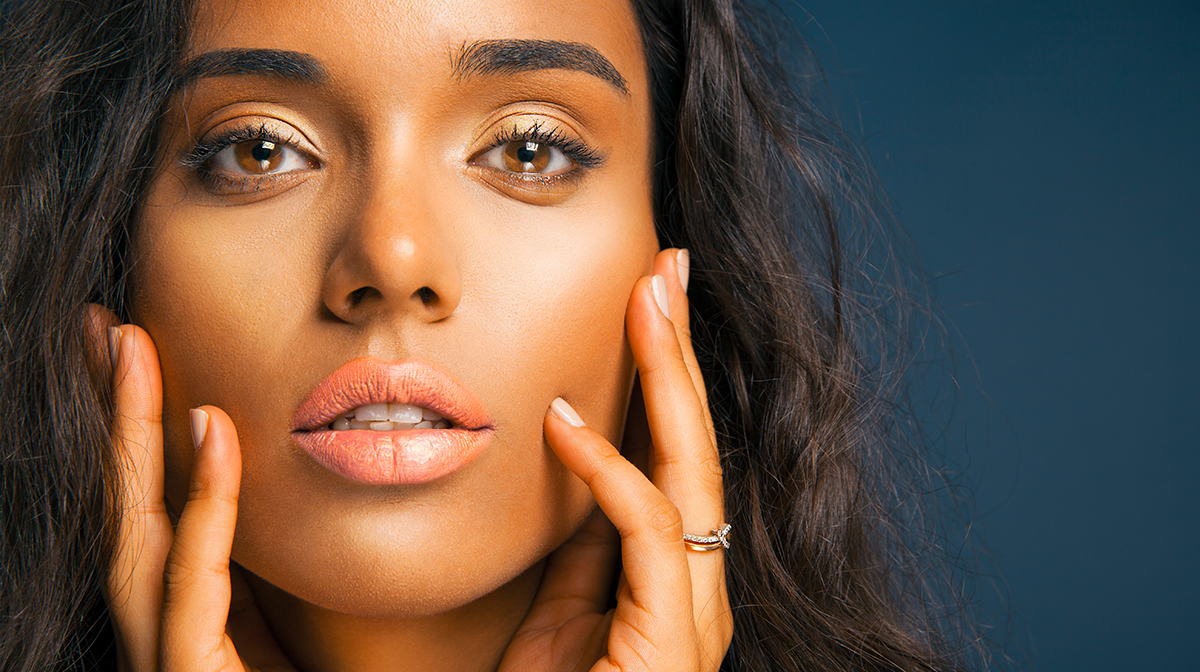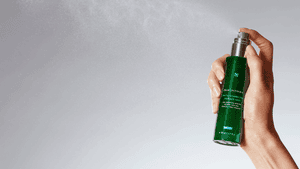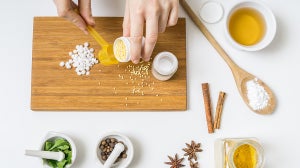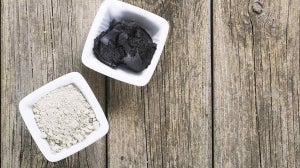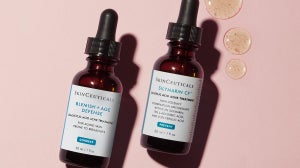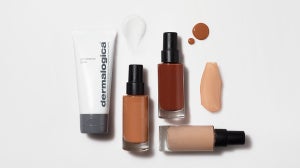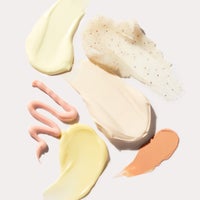
Scars can be caused from a variety of skin trauma's: acne, chickenpox, accidents, skin stretching and burns, to name a few. Although in time they may fade, some forms of scarring may remain permanent on the skin, showing a constant reminder.
Luckily for us. treating acne scars is getting easier and easier, without the need for laser or abrasive procedures. The key to clearing up scarring is to treat them as early as possible with the most effective ingredients. Scars come in a variety of shapes, sizes and colors, from the light, pinkish scars, to the deep, box car scars caused mainly from cystic acne.
You'll find there are some popular scar treatments out there which physicians recommend that do nothing more than diminish scars, and they usually tend to feature medical ingredients:
But if you want to break it down by ingredients, then which is best for each type of acne scarring? Have a read of our list below, highlighting the benefits of each:
Silicone
If you analyze the ingredients of many scar fading products, you'll find silicone makes a regular appearance. The basis of silicone is to help create the best environment for any scars to be healed. Silicone can be used in form of gel as topical medication, or even as silicone sheets that can be pressed on to any injuries or present scars. It's best used on the deeper, more visible looking scars, as it's great as reducing redness and smoothing over any uneven texture and plumping out the skin (scarring can create that shallow, rippling effect).
Silicone also works to reduce redness and create a smooth 'film' over the skin, which is why you'll find it present in the most effective primers.
Best for: Keloid scars (the most aggressive form, which can be raised or dented) Hypertrophic scars (these are raised, red scars that are similar to keloids but do not go beyond the boundary of the injury.)
Rose Hip
Rose hip is a natural scar healer found popular in many facial oils or moisturizers. In raw form, the seeds are pressed and the oil is then infused with other ingredients to create a skin perfecting product. Its worth noting that Rose Hip Oil is known as one of the most potent remedies for scar healing, with the reason being due to rose hip being rich in essential fatty acids, such as omega-6 and omega-3, which work as fatty acids to deliver nutrients to the skin. They are full of repairing and plumping factors, working to re-build broken collagen.
What makes this oil great is the fact that it is absorbed super quick by the skin. This then replaces the moisture of the skin faster and helps in creating a protective barrier to prevent dehydration.
Best for: Acne scars, ice pick scars (deeper, dented scars), dark marks.
Vitamin E
This is an essential vitamin needed by the body, which acts as an antioxidant and known to have so many biological functions. It's a must-have in scar treatments due to its gene expression effect, which means it repairs wounds and boosts the regeneration of damaged tissue cells. You'll find vitamin E a key ingredient to apply to the skin after a procedure which breaks the skin, as it encourages healing and prevents further damage.
Tip: You'll find Vitamin E is usually paired with Vitamin C, as they work stronger togetherKojic Acid
Kojic Acid is a natural skin lightener derived from mushroom extract, which has very potent lightening effects. You'll find it present in many brightening, whitening skincare lines. It's a brilliant ingredient to fade dark scars and redness, however it doesn't work to change the texture of the skin. Products rich in Kojic Acid are ideal to use immediately after large acne breakouts or procedures, to tone done dark colors and prevent the scars deepening.
In a nutshell, this is your fastest skin lightener!
Lemon
Lemon juice is a natural bleaching agent, and it also has some mild exfoliating properties too due to its acidic nature. Therefore, if your scars in particular are a little thickened or appear darker than the surrounding skin, lemon juice may tackle the problem. Lemon juice is natural and non-abrasive, and when diluted with other natural ingredients, is gentle and caring for the skin.
Lemon is most effective in products as lemon peel extract, which you'll find packed in many body polishes and blemish face washes to fade those pesky scars.
Vitamin C
Vitamin C is the number one natural skin brightener, which works to lighten the skin effectively without any harsh properties over a period of time. Its better to use Vitamin C products for scarring results rather than products which claim to quickly and instantly lighten the skin, as you want to make sure the effects are permanent and the discolored skin is treated. This potent vitamin is a great healer, antioxidant and pigment lifter, which when used on scarring, has huge effects on fading.
Best for: pigmentation, stretch marks, rolling scars (which can appear as a wave on the skin), dark marks and burns.
| Love Skincare? discover our edit of how to treat scalp bumps. |

